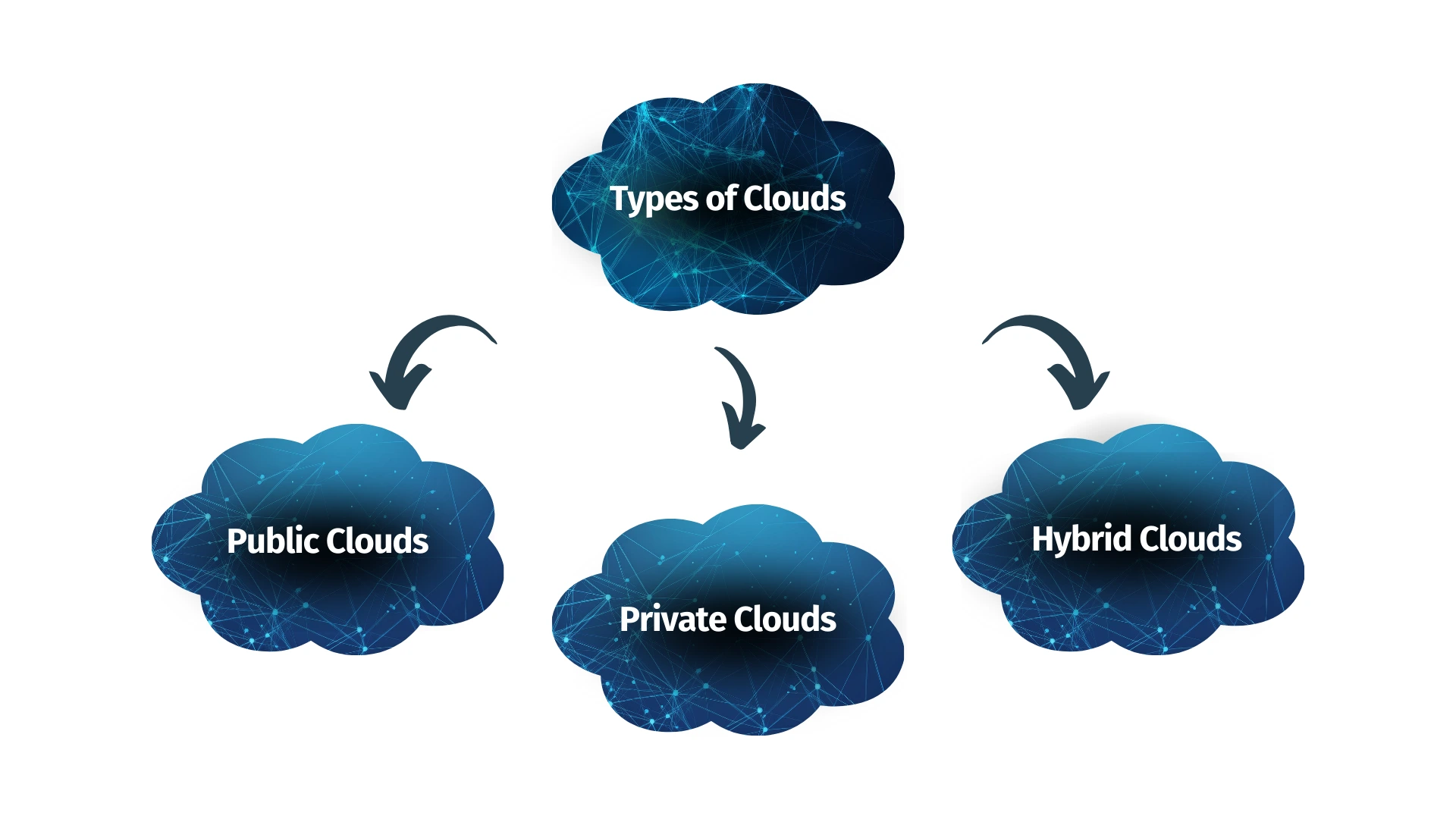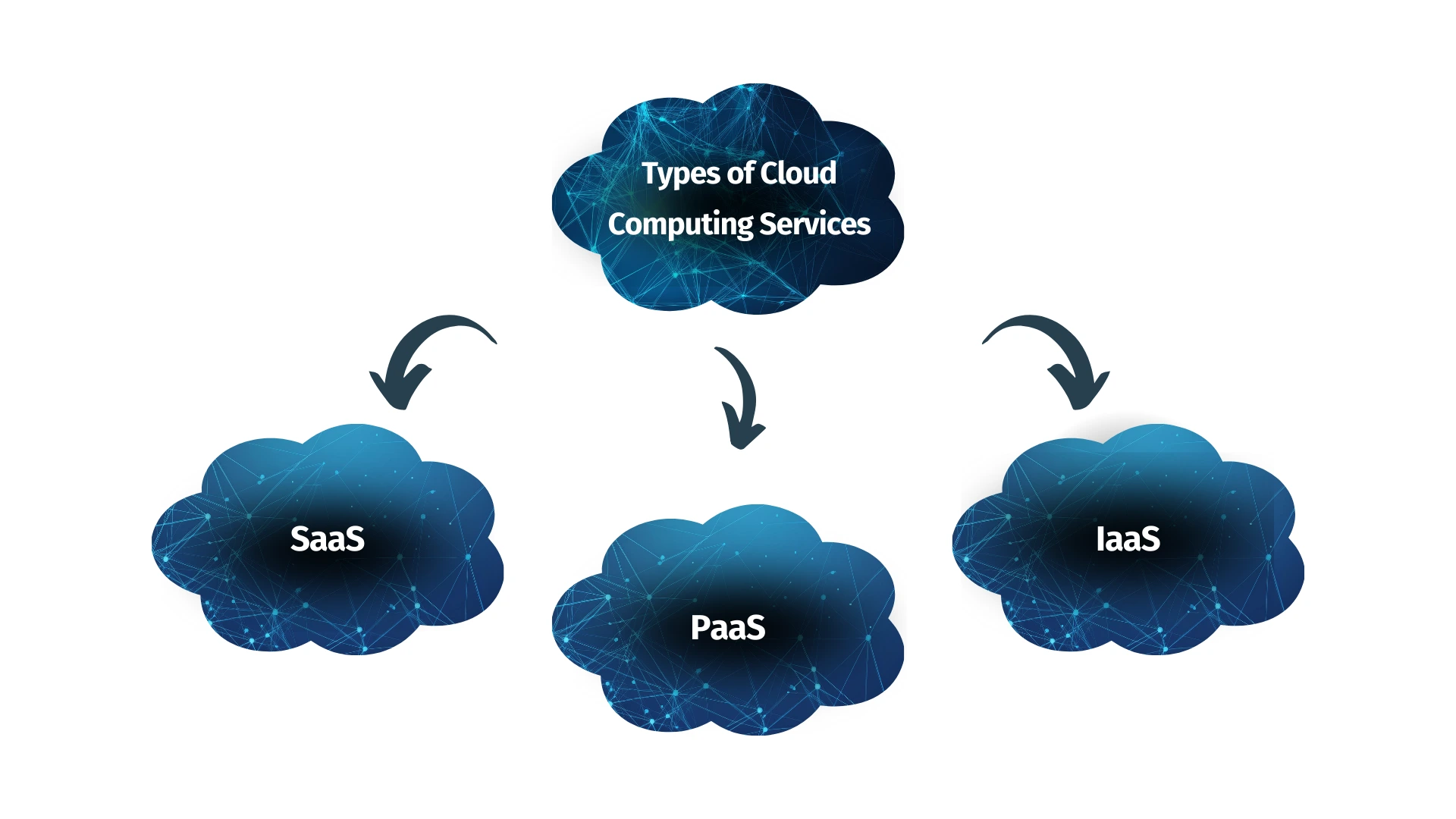Blogs
Cloud Computing & its Importance
What is Cloud Computing?
The cloud consists of software and services that stay and operate on the Internet instead of having any physical elements like a local computer or on premise network servers. Cloud Adoption is a structured shift by organizations of minimizing expenditure, lowering risk and attaining scalability of database capabilities. Cloud adoption may be of various types in an organization, depending on the depth of adoption.
Benefits of Cloud Computing:
- Cost Reduction: The cloud does not require the company to invest in new hardware, storage infrastructure and maintaining an in-house IT infrastructure (variable expenses). In the cloud, assets are made accessible on-demand and excessive resources can be returned/replaced, thus cutting costs. Likewise, the company may not splurge money on appointing IT staff to supervise the infrastructure.
- Flexibility: Cloud computing offers more flexibility to businesses. Employees can obtain files using web-enabled devices such as smartphones, laptops, and notebooks. Sharing documents over the internet around the clock and to work online at any place has helped in internal and external collaborations of the business.
- Scalability: Cloud enables users the ability to upscale or downscale infrastructure as and when required with ease, which results in optimal usage of resources. Companies can have high-performance resources available at the fingertips with professional clarifications without any up-front investment.
- Mobility: Corporate data in the cloud can be easily saved, recovered, or organized with just a couple of clicks on their smartphones and other devices to keep up with clients and colleagues. Users get access to their works, 24/7, via any devices of their choice. This saves the IT team workload and results in customer satisfaction.
- Agility: In Cloud computing, new IT resources are only a click away, which means that companies reduce the time spent to make those resources available to you just in minutes. These resources can then be more seamlessly and efficiently. This results in quick development of businesses’ market.
- Disaster Recovery: There is no way one can prevent or control natural disasters which can cause great damage to the organization. But through cloud computing, the data can be stored in the cloud which guarantees that data will always available, even if your equipment like laptops or PCs, is damaged.
Types of Cloud Computing:

Types of Cloud Computing Services:

Platform-as-a-service (PaaS) refers to the supply on-demand software for developing, examining, delivering and managing applications.
Software-as-a-service (SaaS) is a method for delivering applications-as-a-service over the Interne (cloud computing) as per the demand and on a subscription basis.
Infrastructure as a Service (IaaS) is the most basic category of cloud computing services that allows you rent IT infrastructure: physical or virtual servers, storage and networking from a cloud provider on a pay-as-you-go basis.
Who uses Cloud Computing & Why?
Every type of companies use cloud computing irrespective of size, industry, It is used for a wide variety of cases, such as data backup, disaster recovery, email, virtual desktops, software development, etc. Even healthcare companies are using the cloud to create treatments for individual patients. Bank and financial sector companies are using the cloud to detect real-time fraud and its prevention. And video game makers are using the cloud to deliver online games to players around the world. One of the major use case is, running on premise data center is not simple, so the industry chose to use cloud computing. When it’s about scalability, cloud computing lays out a very resilient solution.
Security Concerns of Cloud Computing:
- Data Infringement: Data leakage can have grievous impact on company, its brand and reputation, employee, and customers’ hope and belief. Loss of vital intellectual property could have competitive and financial indications also.
- Seizing of Accounts: Attackers can hijack the account and use your credentials to remotely enter the data saved. They can counterfeit and tamper the data.
- Malware Injection: Cloud computing can be injected with malware scripts and codes which run as SaaS to cloud servers, through this the attackers can snoop in all the important information.
- Insufficient Training & Knowledge: Proper knowledge of cloud services should be provided to employees that manage database of the company. Deficiency of this may impact decisions relevant to privacy.
- Mutual Liability: Cloud surveillance is a common burden for the clients and service provider. This partnership between client and provider requires the client to take preventative actions to protect their data.
- Data Loss: Data on cloud services can be lost through a malicious attack, natural disaster, or a data wipe by the service provider. Losing essential facts and figures can be harmful to businesses that don’t have a recuperation plan.
Limitations of Cloud Computing:
- Internet Connection: In order to enjoy the features of cloud computing, your organization should always have an internet connection.
- Data confidentiality: Data & cloud protection must be powerful because then it won’t be perilous for data confidentiality.
- Downtime: Cloud computing systems are internet-situated, service outages are always an unfortunate possibility.
- Technical Issues: For technical issues, one has no choice but to call your hosted provider’s technical support.
- Vulnerable to attacks: Saving data in the cloud may cause consequential challenges of information heist since in the cloud every data of a company is online.
Some of the leading cloud providers like Amazon Web Services, Google Cloud, Microsoft Azure, etc are on the list of 50 connected cloud providers at DE-CIX Frankfurt.
Subscribe to Newsletter
